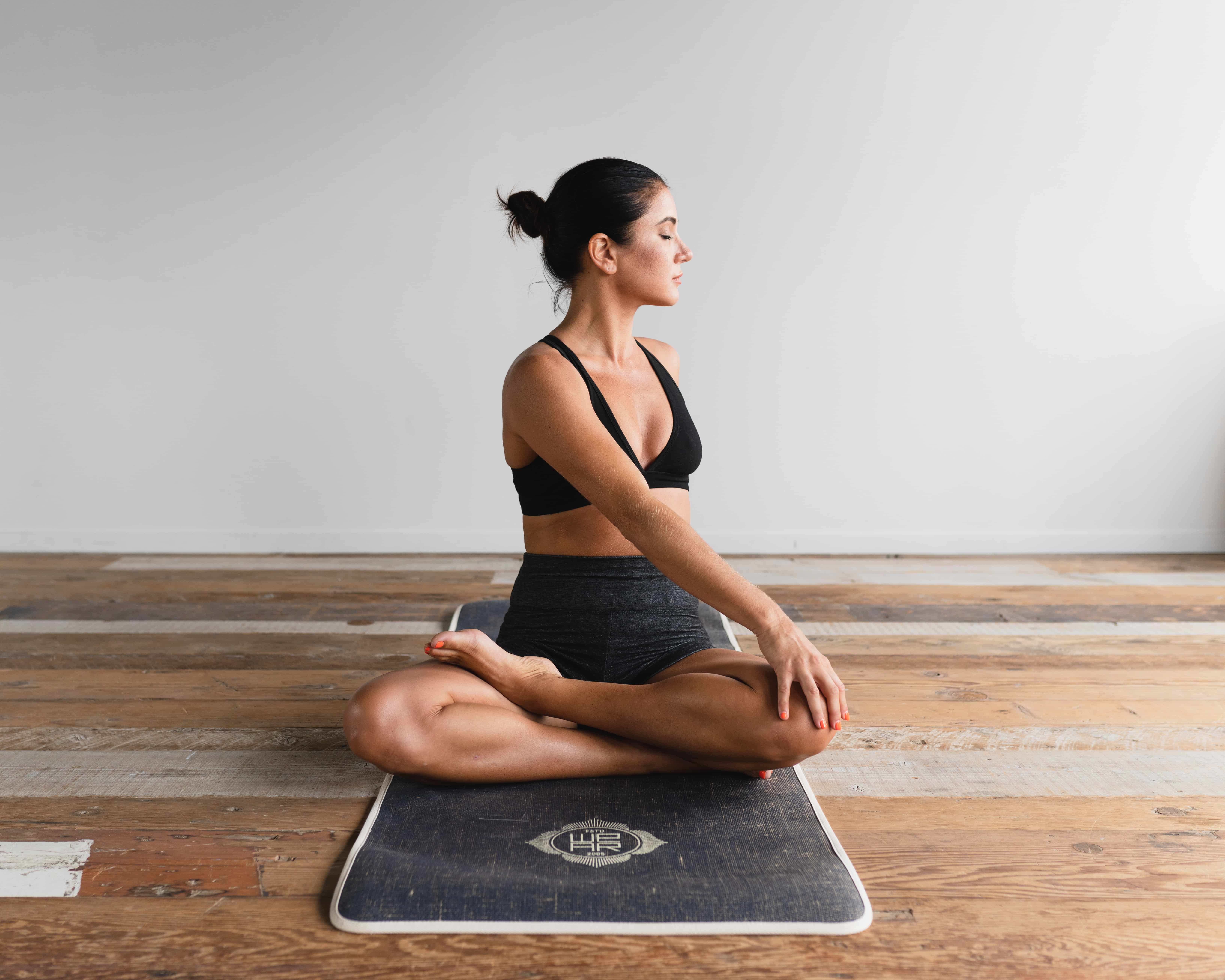







Simply enter the service you need, and your details then press "Spetz-it".
You'll be connected immediately to a nearby top-rated service provider.
Your rating is important. So you can help other customers get the best specialist too.
Hiring the best local Pilates instructor in the UK involves careful consideration to ensure you find a qualified and experienced professional who can meet your needs and goals effectively. Here are some steps to help you hire the best Pilates instructor near you:
By following these steps and taking the time to research and evaluate potential Pilates instructors, you can hire the best local professional who can provide expert guidance and support to help you achieve your fitness and wellness goals through Pilates practice in the UK.
In the UK, Pilates instructors can legally provide instruction and guidance in Pilates-based exercises to individuals or groups. While Pilates instructors do not have the same regulatory requirements as healthcare professionals like physiotherapists or chiropractors, they are still bound by certain legal and ethical considerations. Here are some of the activities that Pilates instructors are legally permitted to do in the UK:
It’s important to note that while Pilates instructors can provide guidance and support for improving physical fitness and well-being, they are not licensed healthcare providers. Clients with specific medical conditions or injuries should consult with a qualified healthcare professional, such as a physiotherapist or physician, before starting a Pilates program. Additionally, Pilates instructors should refer clients to appropriate healthcare professionals for specialized assessment or treatment if needed.
Pilates instructors in the UK play a valuable role in helping individuals improve their physical fitness, strength, flexibility, and overall well-being through the practice of Pilates-based exercises. While their primary focus is on teaching Pilates techniques and principles, Pilates instructors can assist individuals in various settings and contexts. Here are some of the jobs and scenarios where Pilates instructors can provide support in the UK:
These are just a few examples of the diverse roles and opportunities available to Pilates instructors in the UK. Whether teaching group classes, providing private instruction, collaborating with healthcare professionals, or leading specialized programs, Pilates instructors play a vital role in promoting health, wellness, and physical fitness for individuals of all ages and abilities.
The cost of Pilates instruction in the United Kingdom can vary widely depending on several factors, including the instructor’s qualifications, experience, location, type of session, duration, and whether it’s a private or group class. Here’s a general overview of the typical cost range for Pilates instruction in the UK:
It’s important to inquire about pricing and any applicable discounts or package deals directly with Pilates instructors or studios in your area. Prices may vary depending on factors such as the instructor’s credentials, location, studio amenities, and the level of demand for Pilates instruction in the area. Additionally, be sure to consider the value of the instruction and the benefits you’ll receive when evaluating the cost of Pilates instruction.
When considering hiring a local Pilates instructor in the UK, it’s important to ask questions to ensure they meet your needs, have the necessary qualifications, and provide quality instruction. Here are some questions you may consider asking:
– What qualifications and certifications do you hold as a Pilates instructor?
– How many years of experience do you have teaching Pilates?
– Do you have experience working with clients with specific needs or conditions, such as injuries, prenatal or postnatal clients, or seniors?
– Can you describe your teaching approach and style?
– Do you focus on classical Pilates, contemporary Pilates, or a combination of both?
– How do you tailor your instruction to accommodate different fitness levels and abilities?
– What can I expect in a typical Pilates class with you?
– Do you offer mat-based classes, equipment-based classes, or a combination of both?
– Will the classes include a variety of exercises to target different muscle groups and movement patterns?
– How do you ensure the safety of participants during Pilates sessions?
– Do you provide modifications or alternatives for clients with injuries or limitations?
– What measures do you take to prevent injuries and promote proper alignment and technique?
– How do you track and assess client progress?
– Do you set specific goals with clients, and how do you help them achieve those goals?
– Can you provide examples of client success stories or testimonials?
– How many participants are typically in your classes?
– What is the atmosphere like in your studio or class environment?
– Do you offer small group sessions or private sessions for more personalized attention?
– What are your class schedules, and how often do you offer classes?
– Do you offer flexible scheduling options or online classes for clients with busy schedules?
– How far in advance do I need to book sessions?
– What are your rates for Pilates classes or sessions?
– Do you offer package deals, memberships, or discounts for multiple sessions?
– What payment methods do you accept, and what is your cancellation policy?
– What inspired you to become a Pilates instructor?
– Are there any particular areas of Pilates that you specialize in or are passionate about?
– Do you continue to pursue professional development or advanced training in Pilates?
– What amenities and equipment do you provide in your studio?
– Do you offer mat Pilates, reformer Pilates, or other specialized equipment?
– How do you ensure the cleanliness and maintenance of your studio and equipment?
– What do you expect from clients in terms of commitment and participation in classes?
– Are there any prerequisites or requirements for attending your classes?
– How do you support clients in developing a consistent Pilates practice outside of class?
By asking these questions, you can gain valuable insights into the Pilates instructor’s qualifications, teaching approach, class offerings, and studio environment, helping you make an informed decision about whether they are the right fit for your needs and preferences.